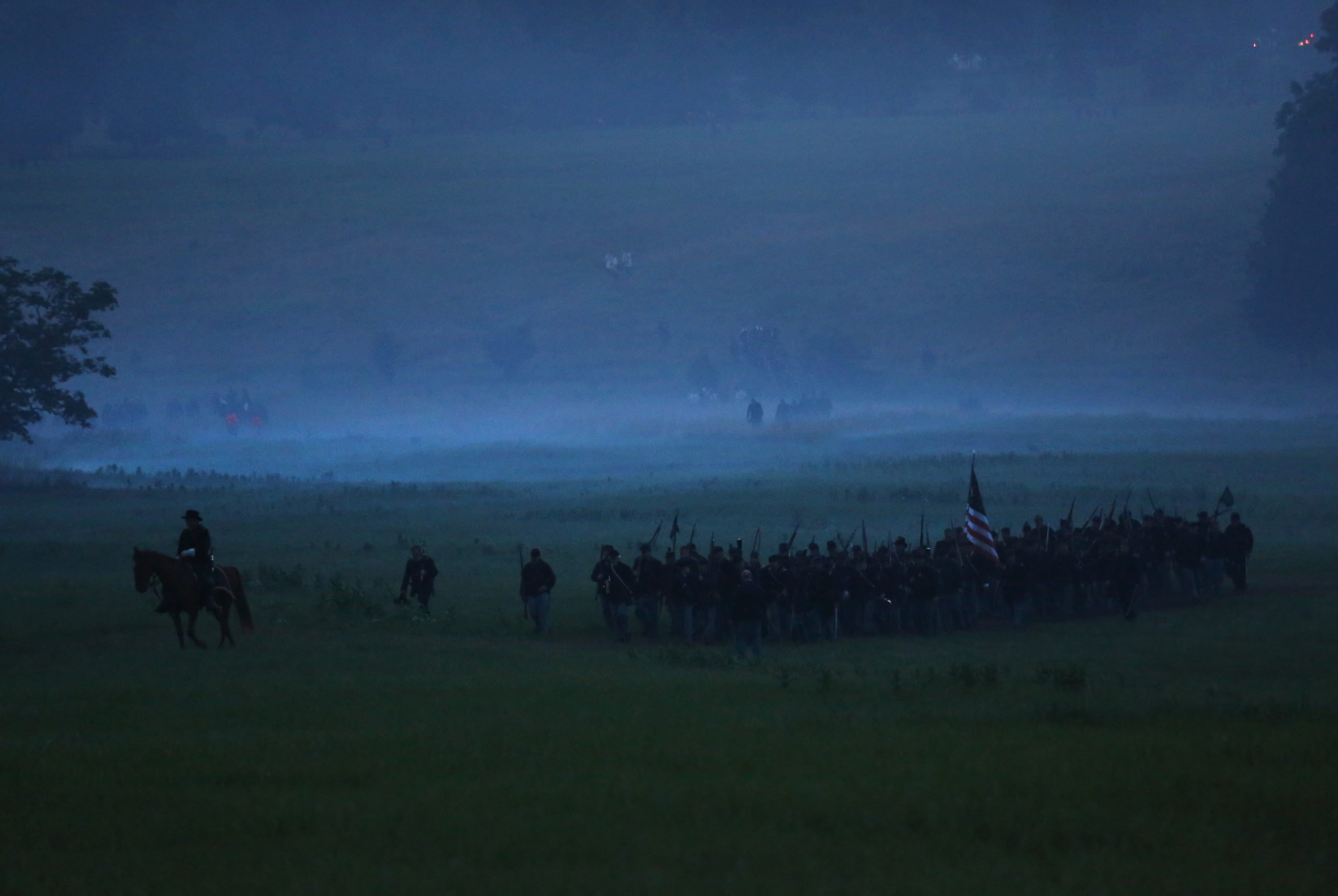A Pennsylvania attorney is one step closer to finding out whether the FBI dug up and secretly kept Civil War-era gold worth roughly $400 million from a remote forest three years ago, according to Pennsylvania Live.
Through his Right-To-Know Law appeal, Harrisburg attorney William J. Cluck was given the name of the federal magistrate judge who ordered records from the March 2018 excavation in the Dent’s Run area to be sealed from the public, according to the report.
“I got what I wanted,” Cluck said, according to Pennsylvania Live.
The case began in 2018 after a father-son duo and an investigative journalist accused the FBI of digging up and hiding gold.
Dennis and Kem Parada claimed they found a large deposit of precious metal–which they believed to be gold–after using top-notch quality metal detectors and other equipment in search of gold rumored to have been lost in the area by Union soldiers during the Civil War, according to the Associated Press (AP).
The search for gold was based on a tale that the Union army sent a shipment of gold from Wheeling, West Virginia, in a wagon train bound for Philadelphia, according to the Pittsburgh Post-Gazette. The gold, however, is said to have been stolen or lost somewhere in the Pennsylvania wilderness after the train tried taking a route to avoid Confederate troops.

GETTYSBURG, PA – JUNE 28: Union Army re-enactors leave the field of battle at dusk after the first day of the Blue Gray Alliance re-enactment of the 150th anniversary of the Battle of Gettysburg on June 28, 2013 in Gettysburg, Pennsylvania. Some 8,000 re-enactors are participating in the event, marking the July 1-3, 1863 Battle of Gettysburg, considered the turning point in favor of the Union in the Civil War. Union and Confederate armies suffered a total of 46,000-51,000 casualties in the battle. (Photo by John Moore/Getty Images)
The site, however, rests on federal land. The Parada’s contacted the FBI who dug up the site and said they found nothing, according to the AP. (RELATED: The Last Civil War Widow Just Died)
The FBI allegedly reportedly barred the duo from watching the excavation but later took them to see an empty hole where the excavation was conducted.
“After my years of experience here using equipment, there was something here, something here of value, some kind of precious metal. And whatever it is, it’s gone now. And that’s what I want to get to the bottom of, is what was in that hole,” Kem said, according to the AP.
The Parada’s reportedly showed the FBI agents how their metal detectors indicated something was buried deep in the ground. The duo says the FBI hired an outside firm to conduct an underground scan and found a large metallic mass that had the same density as gold, according to the AP.
Cluck and the Parada’s believe that the FBI’s claim that they found nothing during the dig is untrue. Cluck said since the FBI’s Art Crimes Division was involved and the fact that documents pertaining to the case have been sealed just makes the whole thing suspicious, according to Pennsylvania Live.
Cluck said authorities sealed the case after claiming it was undergoing a criminal investigation.
“They had 50 agents there…We have witnesses that they were there all night with armored cars. So, what are we supposed to believe?” Cluck said, according to the report. “We are convinced that they found gold.”
Cluck argues his clients should be entitled to a cut of the findings if gold was indeed found at the bottom of the hole, according to Pennsylvania Live.


